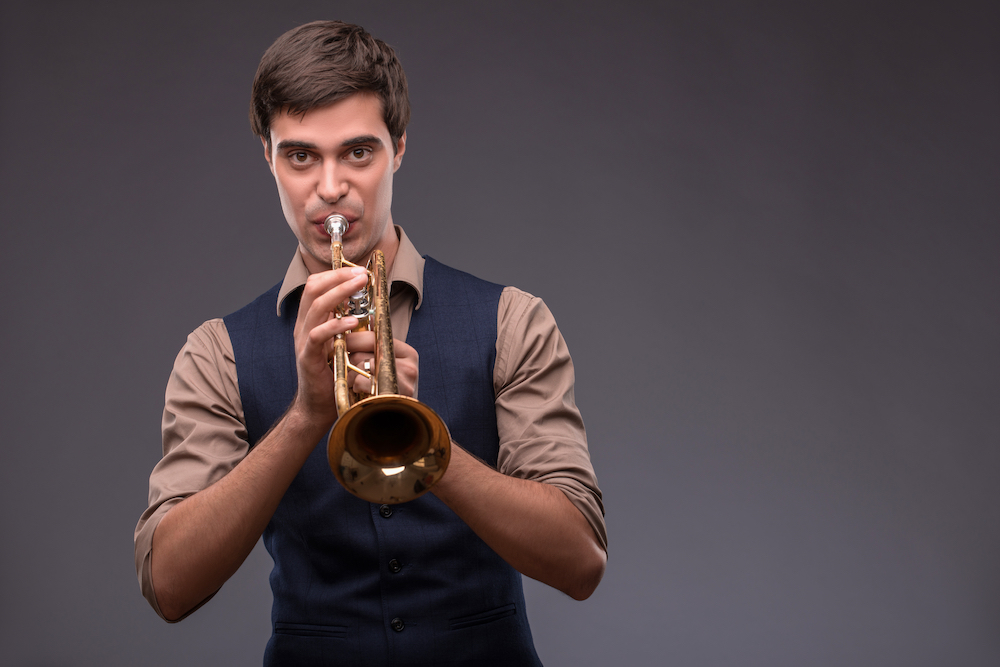
People who don’t play a musical instrument often underestimate the physical toll that it can take on the body. For those people who play a brass instrument, one of the areas that can be most affected by long hours of playing is their embouchure. Embouchure is the term used to describe the way in which a player applies their mouth to the mouthpiece of a brass (or indeed wind) instrument, as this affects the production of the sound. Contrary to how it looks, it doesn’t only involve the lips, but also the position of the tongue, teeth, and even facial muscles to achieve the correct embouchure to create the sounds needed.
Using the correct techniques can help to protect your face and lips from the normal physical stresses of playing. However, technique matters little when the problem is simply that you are playing too much. Embouchure overuse syndrome is the most common performance injury suffered by people who play brass instruments. It may not sound serious, but it can be very painful and debilitating, and make playing impossible for weeks, months, or more. In fact, it is impossible to recover from embouchure overuse without specialist rehabilitation. In the case of moderate to severe injury, surgery may be needed to repair the injuries that have been sustained.
Types of Injury Caused by Embouchure Overuse
There are different types of physical damage that can be caused by years of wear and tear on the mouth due to playing brass instruments. These include:
Excessive scar tissue on the lips
Herniated fat
A twisted lip
Torn muscle
Dr. Friedman will be able to assess the damage to your lip and determine the best course of action to repair both its function and appearance.
What are the Symptoms of Embouchure Overuse?
There are a variety of symptoms associated with embouchure overuse. Those most commonly experienced include, but aren’t limited to:
Lip pain
Swelling of the lips
Loss of technical control
Loss of playing endurance/fatigue
Difficulty playing the high range
General playing disability
If you play a brass instrument and you are experiencing any of the symptoms above, you could be heading for embouchure overuse and should speak to a specialist doctor as soon as you can.
Surgery for Lip Injuries Sustained from Repetitive Use of Brass Instruments
Exactly what treatment for lip injuries sustained from the repetitive playing of brass instruments looks like really depends on the type of injury you have sustained. Strengthening exercises will be the first recommendation for your lip. If the injury progresses so far as to tear the muscle, surgical intervention is then required.
Post-Lip Surgery Rehabilitation
As with many other types of surgery, you will need to take particular care of your mouth and lips after surgery as part of the rehabilitation process. Following surgery, patients will go through a graduated exercise program designed to restore lip function. These exercises will strengthen the lip and return the embouchure to high-level playing.
If you have any questions about surgery for lip injuries as a result of playing brass musical instruments, or to schedule an appointment, please call Dr. Andrew Friedman at (210) 934-8400 today.






